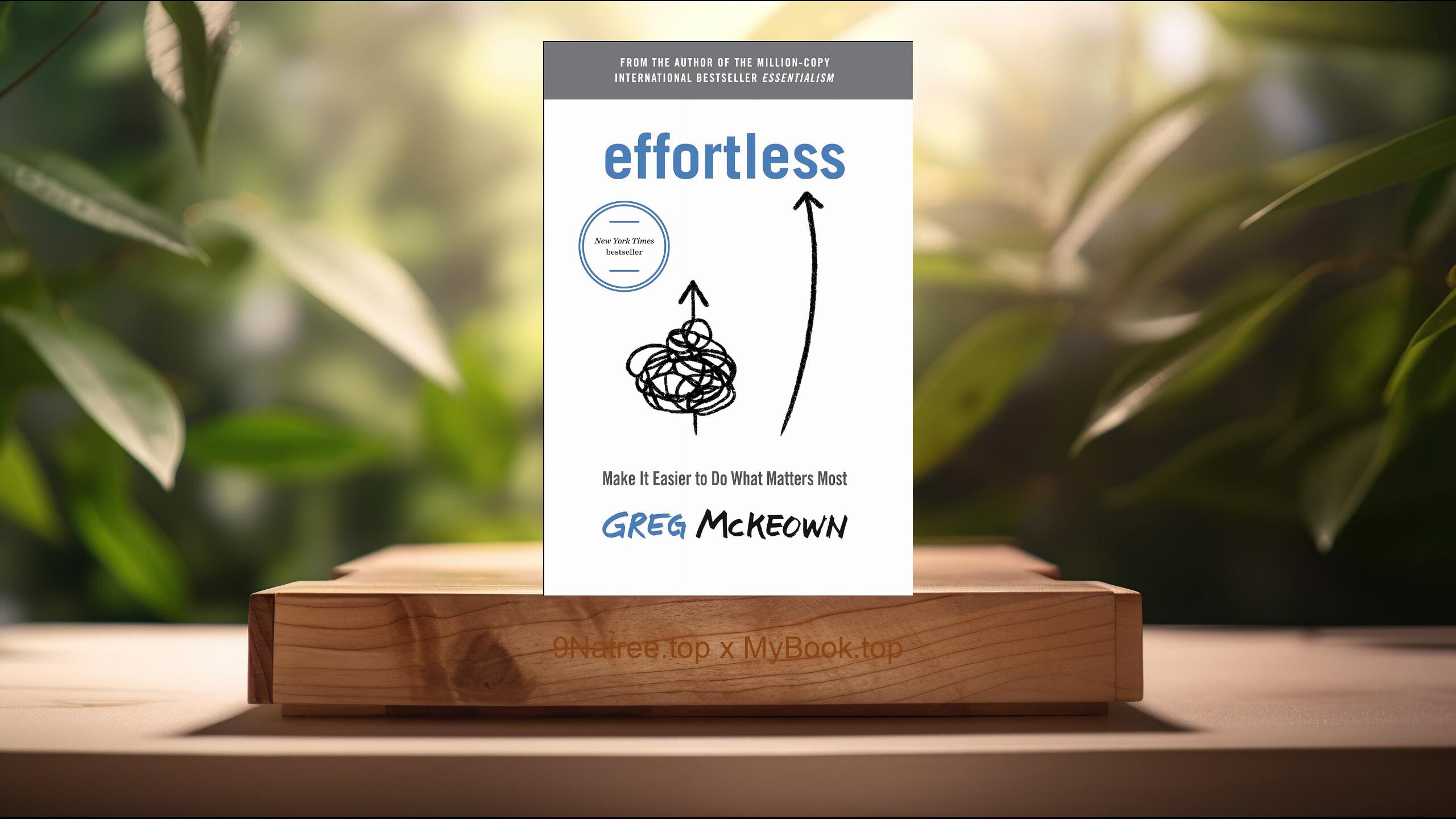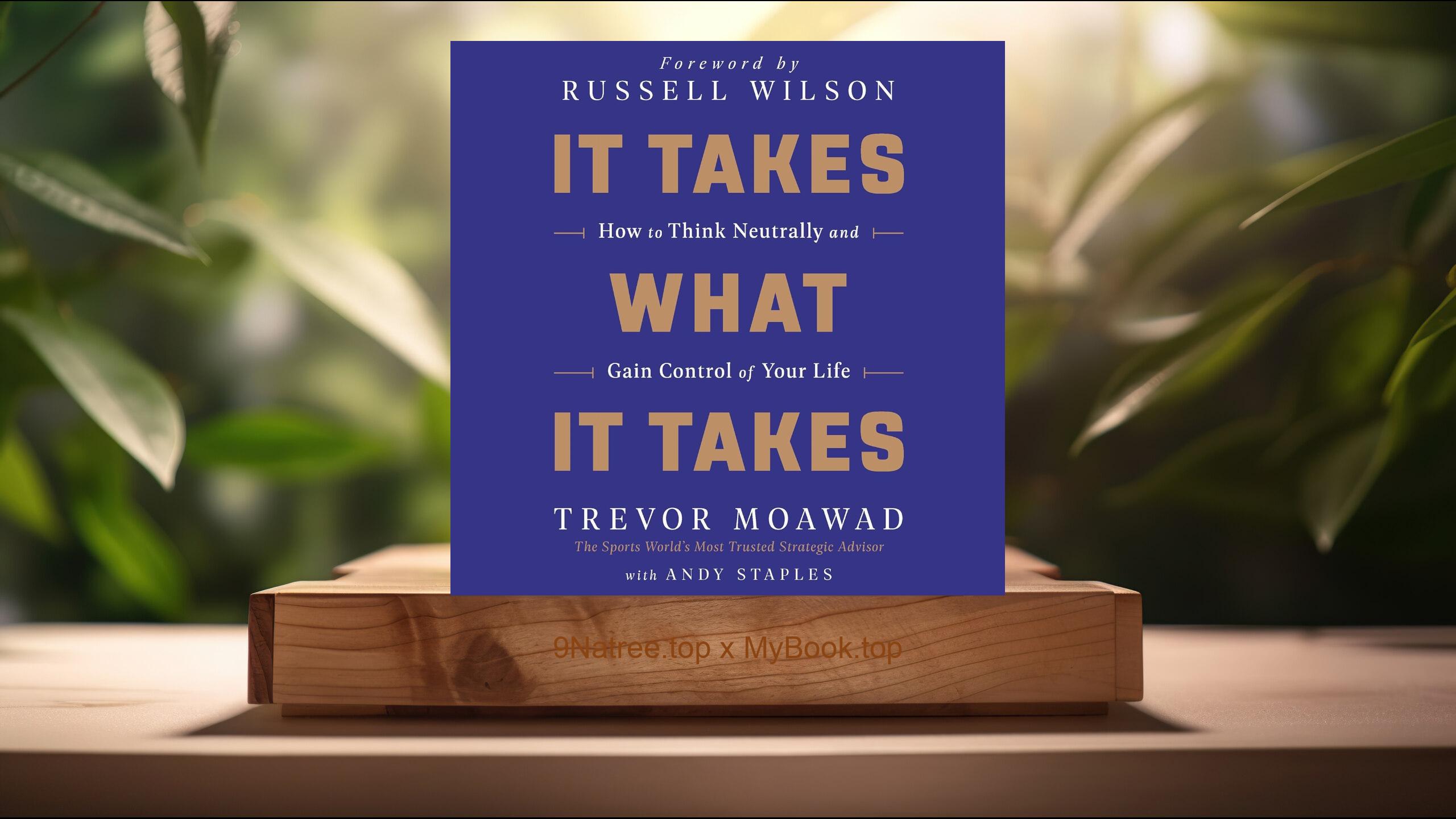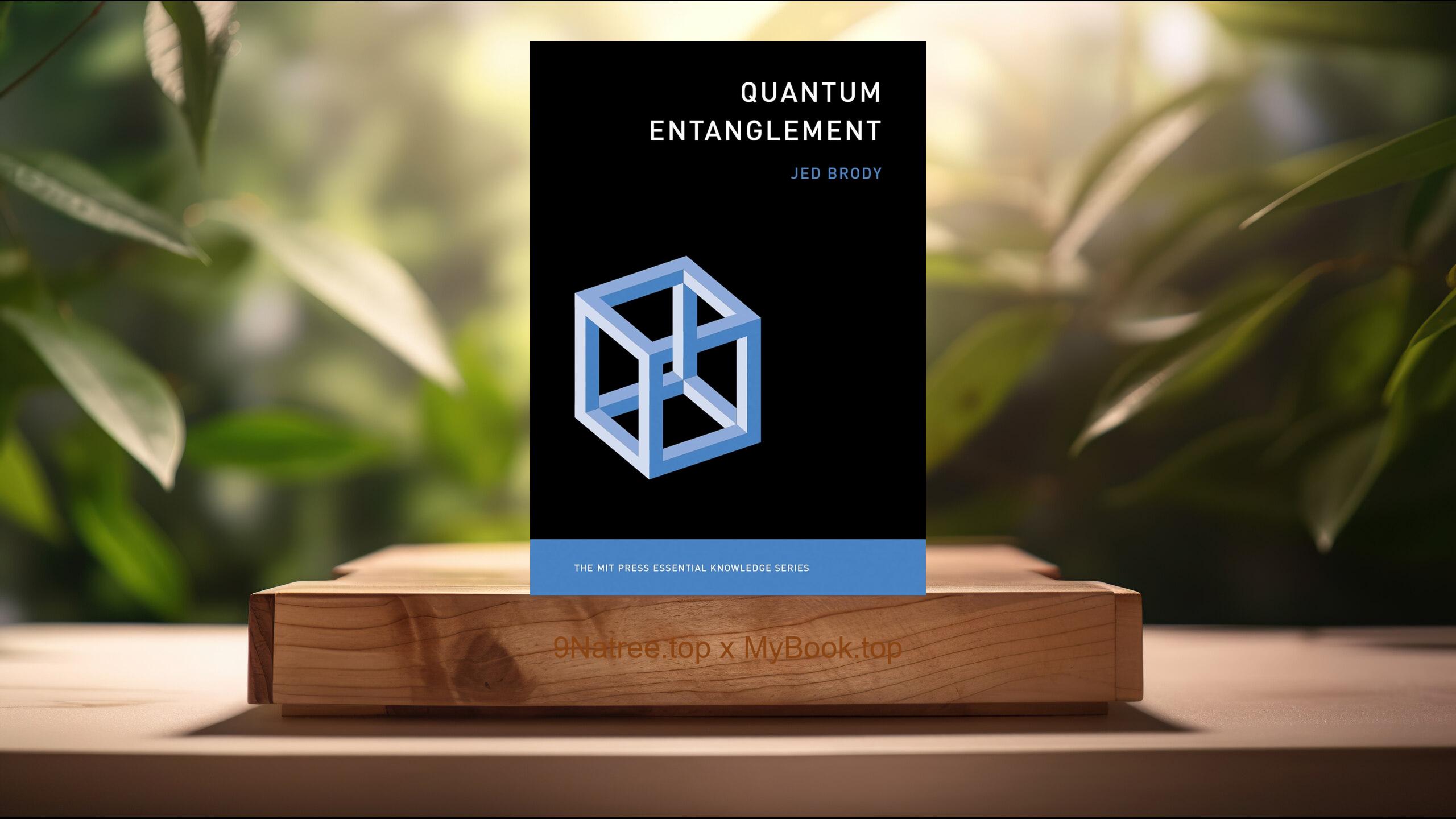Show Notes
Buy on Amazon: https://www.amazon.com/dp/B07BJ88DCW?tag=9natree-20
Read more: https://mybook.top/read/B07BJ88DCW/
#Selfdiscipline #Procrastination #Timemanagement #Productivity #Goalachievement #Taskexecution #Personaldevelopment
These are takeaways from this book.
Firstly, Understanding Procrastination, One of the book’s foundational topics is a deep dive into the psychology of procrastination. Hollins explores the myriad reasons behind why people postpone tasks, from fear of failure and perfectionism to a lack of motivation and understanding of one’s own goals. By identifying the root causes of procrastination, the book sets the stage for overcoming this barrier. It offers practical advice on breaking tasks into manageable parts, setting realistic deadlines, and finding intrinsic motivation. Hollins emphasizes the importance of self-awareness in recognizing procrastination triggers and strategies to outsmart your procrastinating tendencies by restructuring your environment and routines.
Secondly, Building Self-Discipline, Self-discipline is portrayed by Hollins as the cornerstone of taking action and achieving one's objectives. This topic is unpacked through an exploration of habits, routine building, and the development of willpower. Hollins suggests that self-discipline is not an innate trait but a practiced skill that can be strengthened over time. He introduces methods such as setting clear, achievable goals, maintaining a disciplined daily routine, and leveraging the power of habits to foster self-discipline. Through engaging narratives and actionable advice, readers are guided on how to establish a strong foundation of self-discipline that supports enduring success and productivity.
Thirdly, The Power of Execution, Execution is the ability to carry out intentions into actions, and Hollins dedicates an entire section to dissecting this concept. He contrasts effective execution with mere intention, highlighting how the former leads to tangible results whereas the latter often results in stagnation. By adopting a systematic approach to execution, including planning, prioritization, and the delegation of tasks, individuals can significantly boost their efficiency. Hollins also tackles common execution pitfalls such as over-planning and under-doing, advocating for a balance that emphasizes action over perfect planning. This discussion is crucial for anyone looking to translate their plans into accomplished goals.
Fourthly, Managing Time Effectively, Time management is critical in the journey toward completing tasks and achieving goals. Hollins offers a sophisticated understanding of how to make the most out of one's time. He introduces concepts such as the Eisenhower Matrix for prioritization, the Pomodoro Technique for maintaining focus, and the importance of breaks to avoid burnout. The author emphasizes the need for respecting one’s natural productivity cycles and setting aside time for both work and relaxation. This holistic view of time management is crucial for sustaining productivity and ensuring that one remains on track toward fulfilling their commitments.
Lastly, The Role of External Factors, Hollins does not overlook the impact of external factors on one’s ability to follow through. He discusses how the environment, social circle, and even technology can influence our productivity and willpower. By creating a conducive environment for work, limiting distractions, and seeking support from like-minded individuals, one can mitigate these external variables. This section is pivotal in understanding that while internal motivation is key, the external world also plays a significant role in our ability to execute and finish what we start.
In conclusion, ‘Finish What You Start: The Art of Following Through, Taking Action, Executing, & Self-Discipline’ is a powerful read for anyone who finds themselves struggling to complete tasks and achieve their goals. Peter Hollins provides not just the ‘what’, but importantly, the ‘how’ to boost productivity, execution, and self-discipline. The book is meticulously designed to benefit individuals regardless of their professional background or stage in life. By weaving together essential topics such as understanding procrastination, building self-discipline, mastering execution, managing time, and accounting for external factors, Hollins offers a roadmap to a more disciplined and fulfilled life. Anyone looking to transform their intentions into actions will find invaluable wisdom and practical strategies within these pages.
![[Review] Finish What You Start: The Art of Following Through, Taking Action, Executing, & Self-Discipline (Live a Disciplined Life Book 2) (Peter Hollins) Summarized](https://episodes.castos.com/660078c6833215-59505987/images/1707340/c1a-085k3-o8rrgorph432-tuea0v.jpg)




